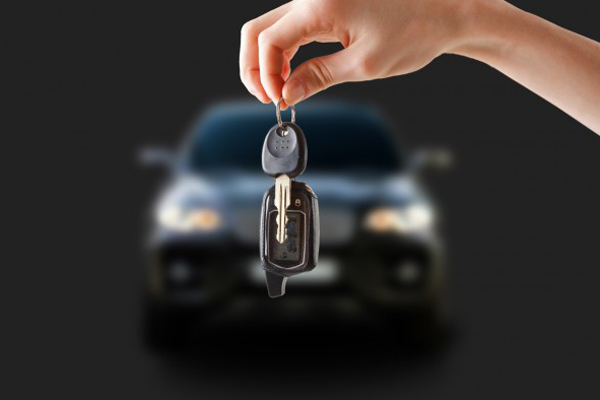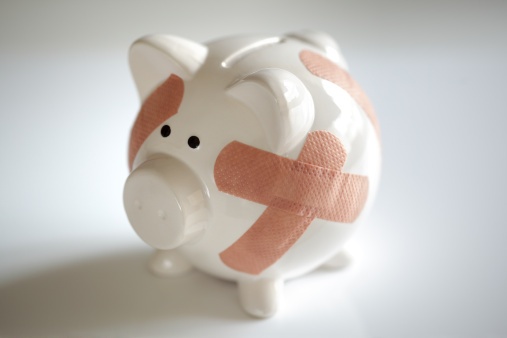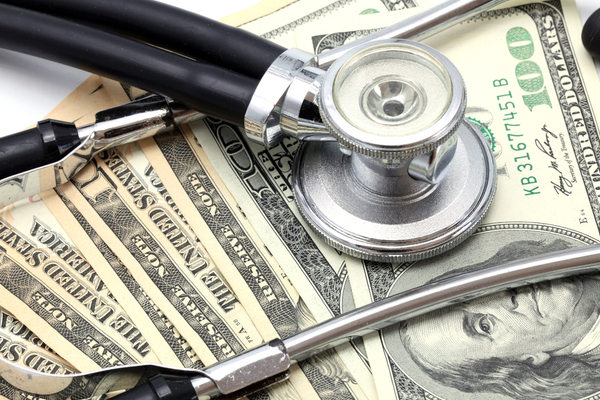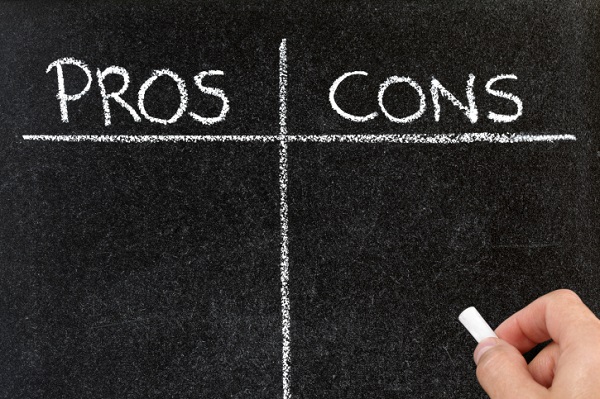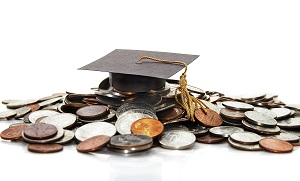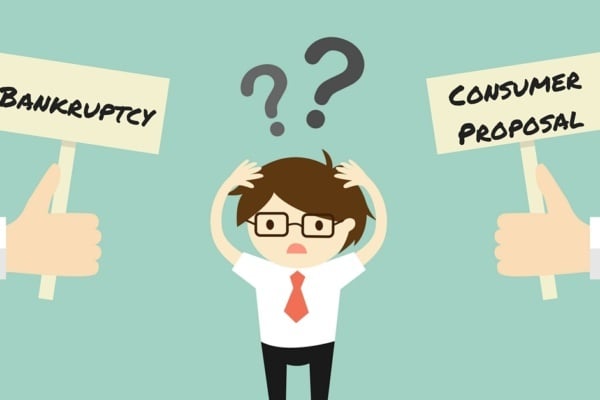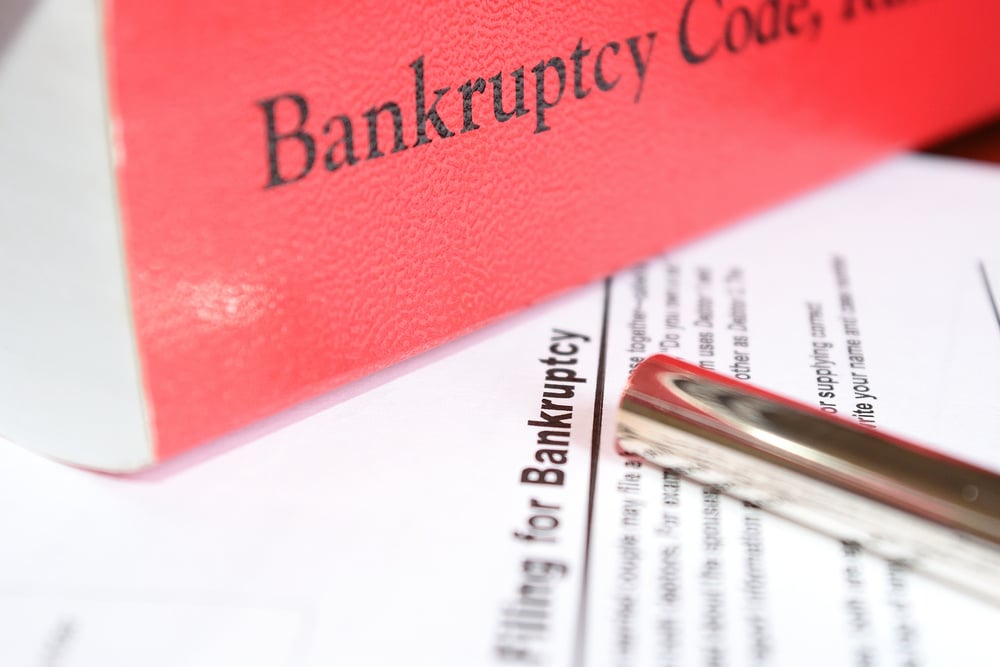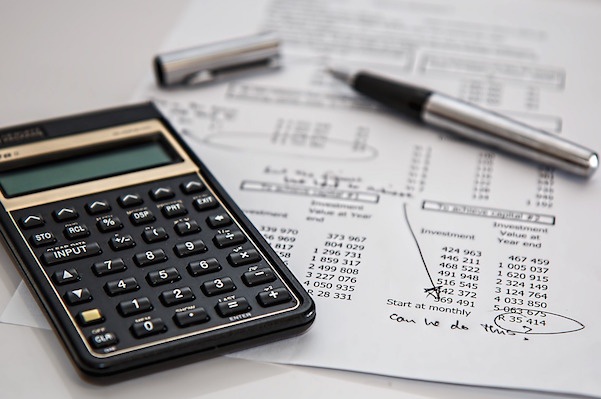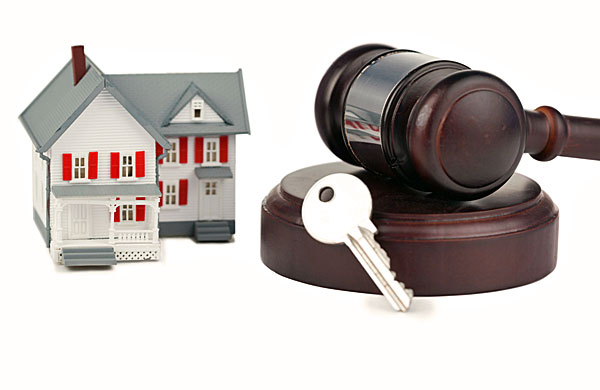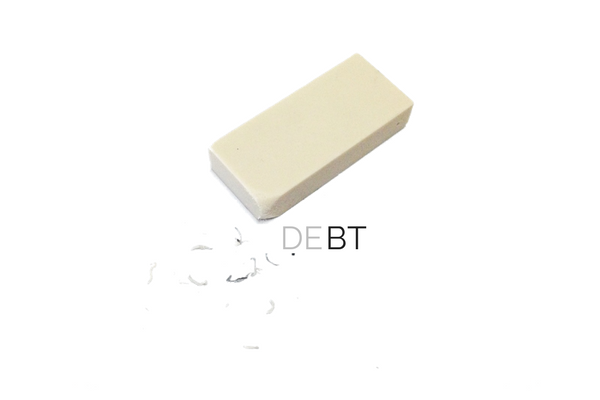Section 554 of the Bankruptcy Code outlines a Chapter 7 trustee’s right to abandon assets in a Chapter 7 Bankruptcy case. There are one of two ways an asset gets “abandoned” in a Chapter 7 Bankruptcy case. First, trustee files a notice of abandonment with the bankruptcy court or second, presumptively abandoned by trustee. If an asset was listed but not administered by trustee when the case is closed, the asset is deemed abandoned.

(Video) WHAT DOES IT MEAN FOR A CHAPTER 7 TRUSTEE TO ABANDON ASSETS?
Section 554 of the Bankruptcy Code outlines a Chapter 7 trustee’s right to abandon assets in a...




